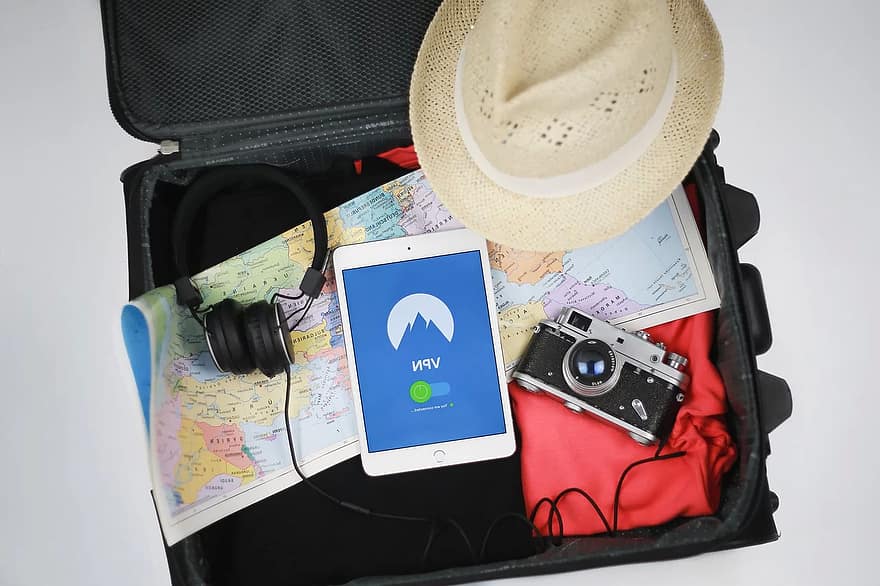Picture this: you’re wandering through a charming foreign marketplace, camera in hand, when suddenly, your perfect day takes an unexpected turn. The world of travel offers countless incredible experiences, but it also comes with its share of crafty scammers who see tourists as walking ATMs.
While visiting top destinations like Australia and Iceland requires openness to adventure, it equally demands street smarts and awareness. Learning to spot common tourist traps isn’t about viewing every interaction with suspicion — it’s about arming yourself with knowledge so you can focus on making memories rather than filing police reports.
Taxi Tricks: When Your Ride Costs More Than Your Flight
Transportation scams lurk at nearly every airport and tourist hotspot worldwide, often becoming your first unwelcome introduction to local fraud tactics. These schemes specifically target jet-lagged travelers who haven’t yet oriented themselves to local pricing and customs.
Rigged Meters and Long Routes
Dishonest taxi drivers might “forget” to start the meter, take unnecessarily long routes, or use tampered meters that run at double or triple speed. When you question the inflated fare, they’ll often claim “traffic problems” or “special event rates” while counting on your unfamiliarity with the area to pay up without complaint.
Unofficial Services and Fake Drivers
Another common scheme involves unofficial drivers who approach you directly at arrival areas. They seem helpful and official but lack proper credentials. Many travelers have fallen victim to these imposters who charge exorbitant rates or, worse — take you to ATMs demanding cash. Even when using rideshare apps like Uber or Lyft, wait in well-lit areas, verify your driver’s identity, and consider traveling with companions when possible.
Pickpockets Love a Good Distraction
Skilled thieves rarely look suspicious or draw attention to themselves. Instead, they create chaotic situations that naturally direct your focus elsewhere while their partners swiftly empty your pockets and bags. Recognizing these tactics before you depart for your trip can save your valuable belongings and keep your travel memories positive.
Classic Distraction Techniques
The scenarios play out in predictable patterns: someone “accidentally” spills a drink on your clothes, a group of children surrounds you with papers or trinkets, or a heated argument erupts nearby. While your attention focuses on the commotion, nimble fingers silently work their magic on your bag zippers and coat pockets. These teams often target busy tourist attractions where dense crowds provide perfect cover.
Strategic Defense Measures
Outsmarting pickpockets requires preventative thinking and spatial awareness. First off, keep valuables in front pockets or hidden pouches worn under clothing — you may even consider splitting your money between different locations on your person. When in crowded areas, position bags in front where you can see them, and maintain physical contact with your belongings when distracted.
That “Friendly Local” Might Just Be Setting You Up
That warm, English-speaking person who approached you without prompting may not be the authentic cultural connection you’re hoping for. While genuine local interactions remain among travel’s greatest joys, learning to distinguish sincere hospitality from calculated schemes saves both money and emotional disappointment.
The Commission Game
Watch for overly eager “guides” who insist on showing you to specific shops, restaurants, or accommodations. These helpful strangers often receive substantial kickbacks from businesses that dramatically inflate prices for tourists. The seemingly authentic carpet shop or jewelry store they recommend typically charges several times the normal price, with your new “friend” collecting 30-50% commission.
Mindfulness Practices
Genuine local interactions typically happen organically rather than through aggressive approaches. Research authentic tours through established platforms before arriving. When someone offers unsolicited help, politely decline while staying friendly. If you do accept recommendations, compare prices at multiple establishments before purchasing. Real local connections rarely pressure you into immediate spending decisions.
Fake Cops, Bogus Fines, and Other Authority Scams
Criminals impersonating authority figures exploit our natural inclination to cooperate with officials, especially in foreign countries where we’re unsure of local laws. These scams play on intimidation and fear, making them particularly effective against even savvy travelers who might otherwise recognize common schemes.
Badge Flashing and Document Checks
The typical scenario unfolds when uniformed “officers” approach and claim they need to check your passport or visa. After finding an imaginary problem, they demand immediate cash payment for the “fine.” In reality, legitimate police rarely request on-the-spot cash payments and should provide official paperwork for any infractions. If you’re in an accident while traveling, contact official police, seek proper medical attention, and consult a local lawyer rather than accepting help from questionable authority figures.
Standing Your Ground Safely
When approached by anyone claiming authority, politely ask for identification and badge numbers. Know that legitimate officers won’t object to this request. Insist on going to an official police station rather than paying fines on the street. Keep your passport secure, offering only photocopies when possible. Most importantly, project confidence — scammers typically move on to easier targets when met with informed resistance.
Final Thoughts
Being aware of scams doesn’t mean viewing every interaction with suspicion. Smart travelers simply develop awareness while enjoying their adventures. Trust your intuition or that inner “gut” voice warning when something feels off. With basic preparation, you’ll explore with confidence. Remember that avoiding terrible travel advice and trusting your instincts helps you outsmart potential thieves while staying safe abroad.

